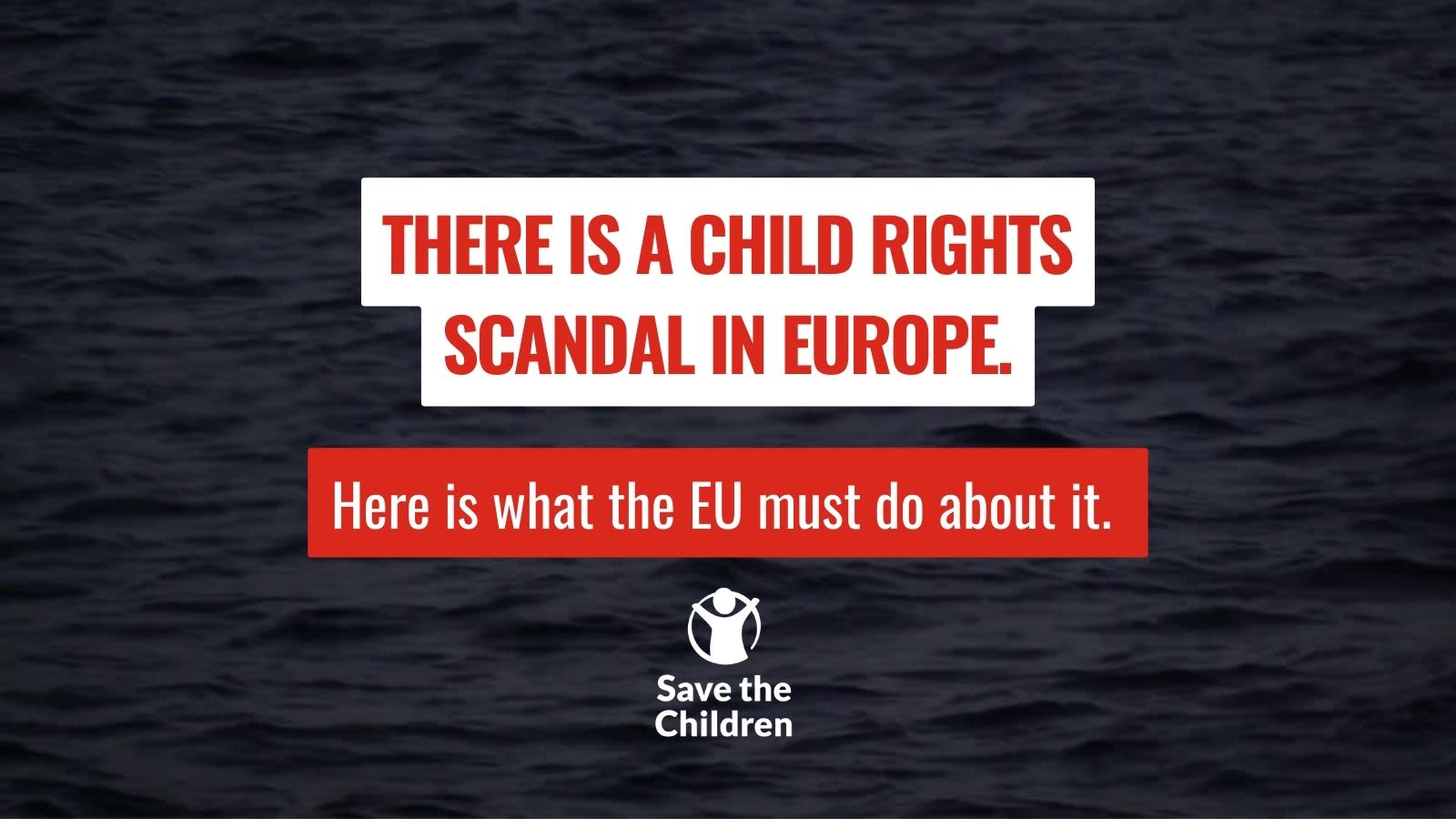Ending Europe's child rights scandal
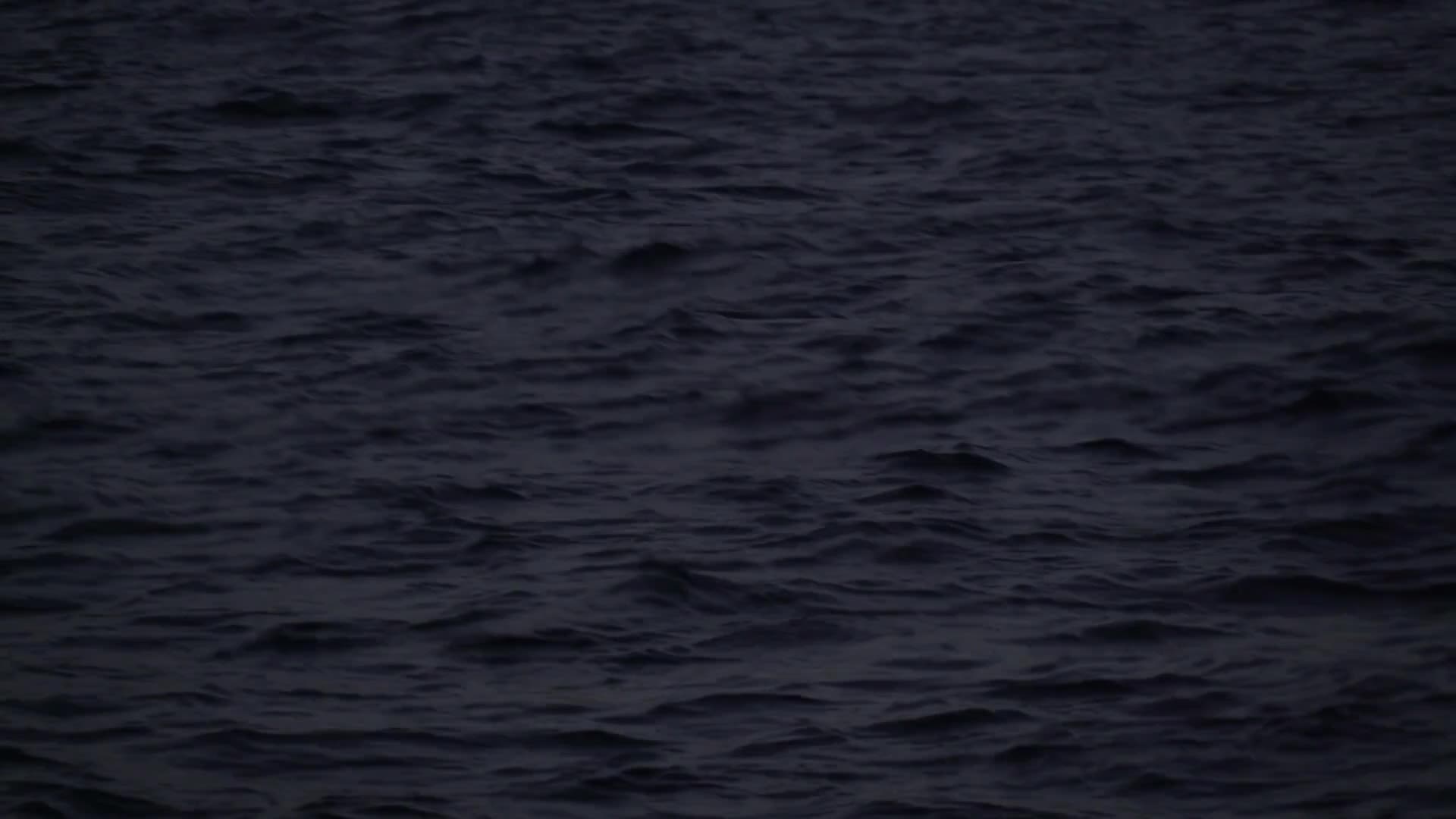
There is a child rights scandal in Europe.
Every day, at Europe’s borders and across the continent, children are dying, going missing, face shocking violence and are excluded from society.
To make matters worse, these children are amongst the most vulnerable in the world.
They are children who have seen their homes destroyed by war, faced hunger or famine, or are fleeing forced marriage or extreme poverty.
These children and their families make their way to Europe, both out of desperation and with hope.
Hope that they will finally be safe and welcomed in countries which respect their rights.
Hope that they will receive a good education and have opportunities for their future.
These hopes are met with inhumanity.
The Mediterranean has turned into a mass grave for children, while Europe's fortified borders have become sites of violence, danger, and death.
Children housed in squalid, overcrowded camps, detained, or held in prison-like facilities have no opportunity to thrive.
Complex and often hostile asylum bureaucracies leave children without protection or out of school and their families unable to work and contribute to their host societies.
This child rights scandal is caused by the policies of European governments and the EU.
Regular routes for children and their families seeking protection have been all but cut off.
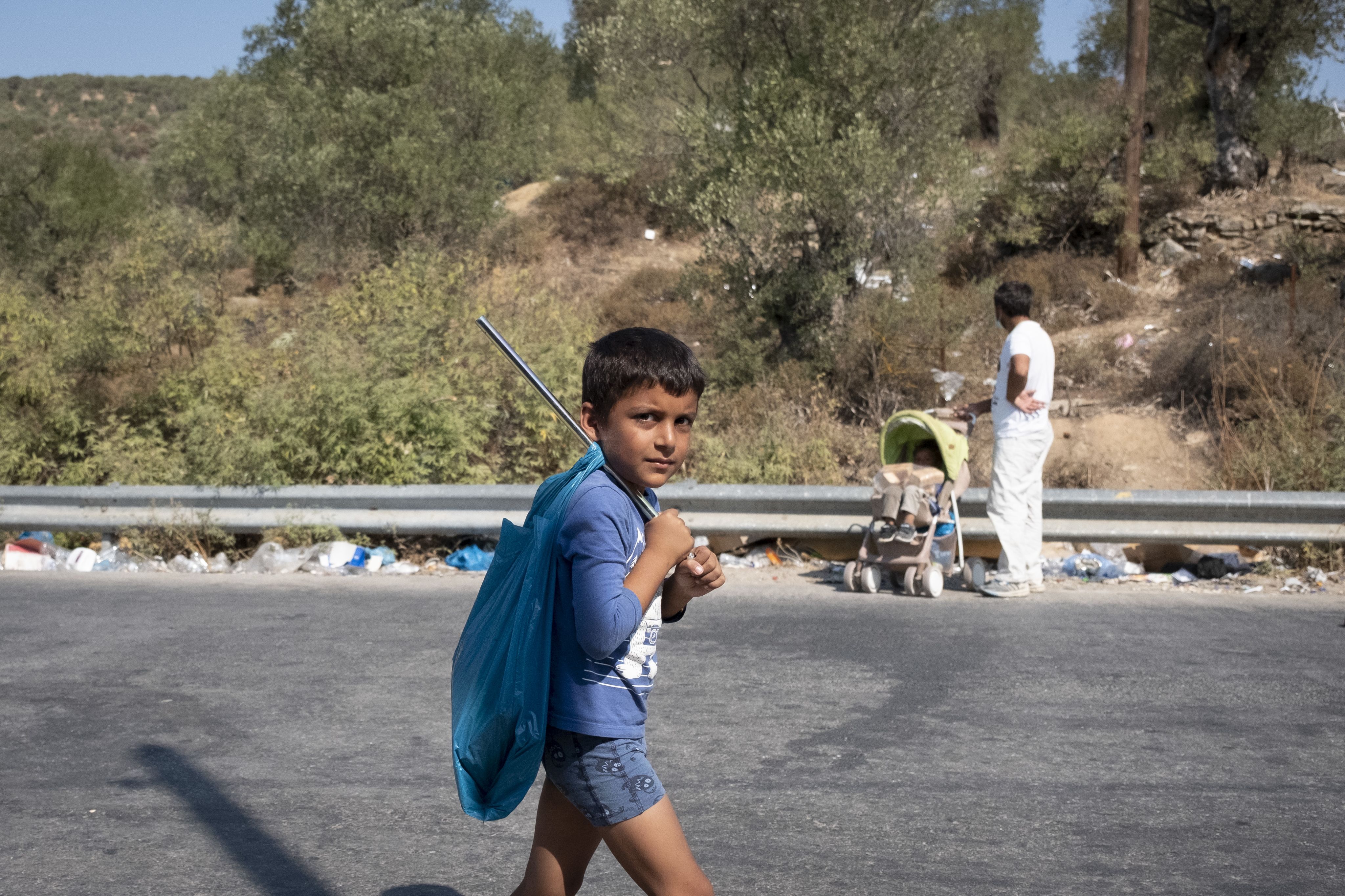
90%
of people granted international protection reach Europe on dangerous or irregular routes.
Source: European Parliament
Photo: Pedro Armestre / Save the Children
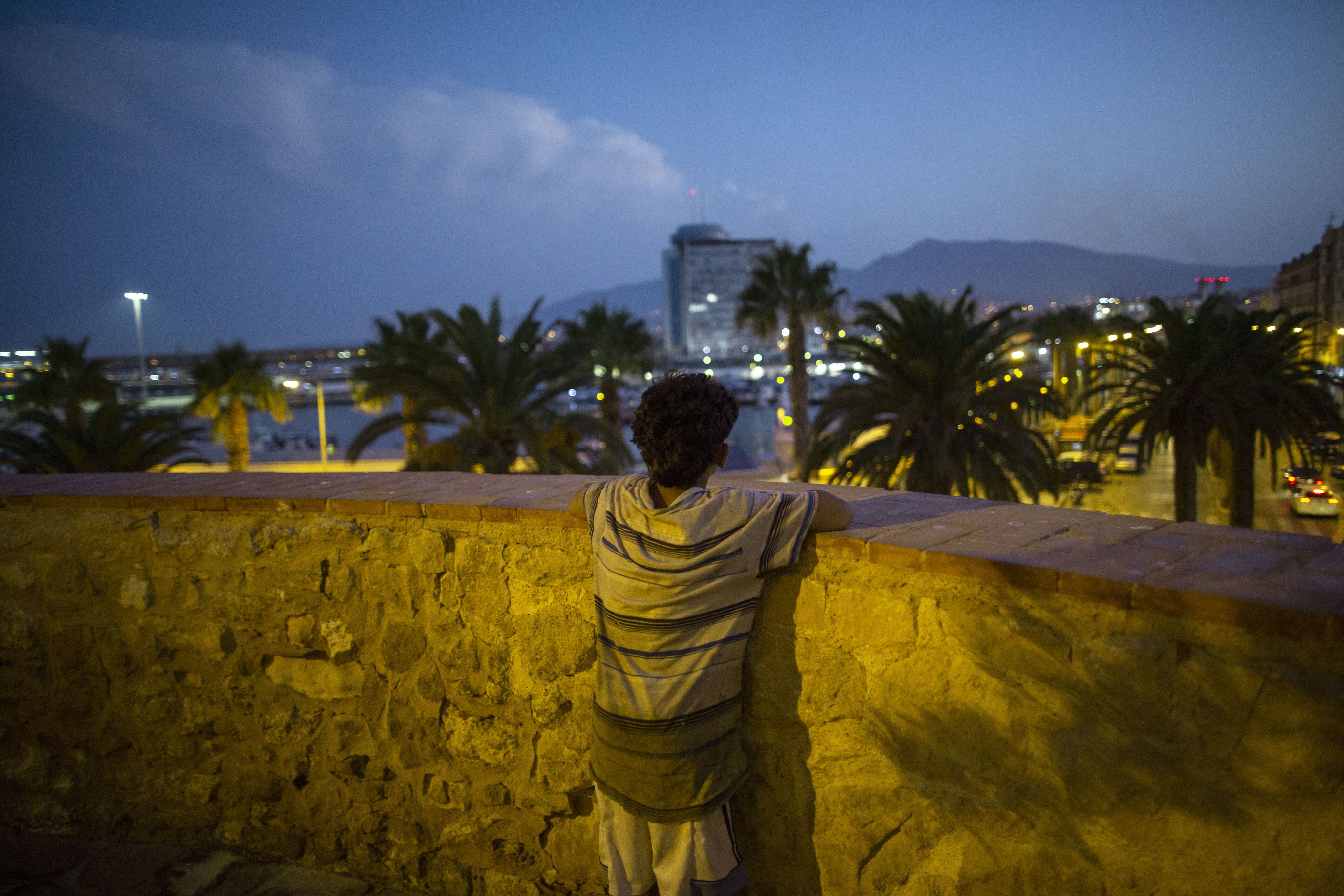
1 in 50
refugees dies or goes missing on the way into the EU via Mediterranean routes.
Source: Save the Children
Photo: Pablo Blazquez / Save The Children
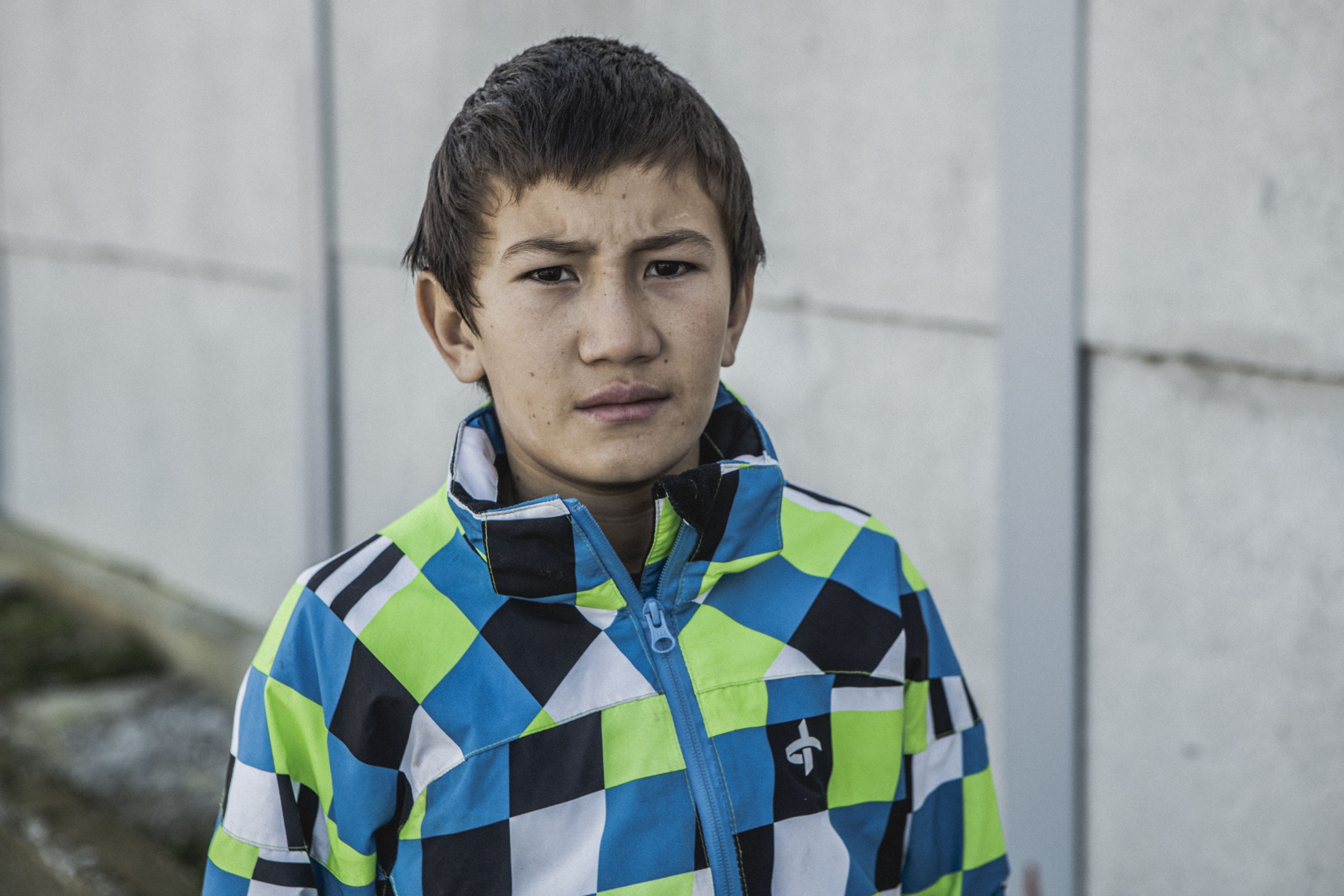
20%
migrants who have arrived in Europe by the Mediterranean Sea in 2023 were children.
Source: UNHCR
Photo: Anna Pantelia / Save The Children
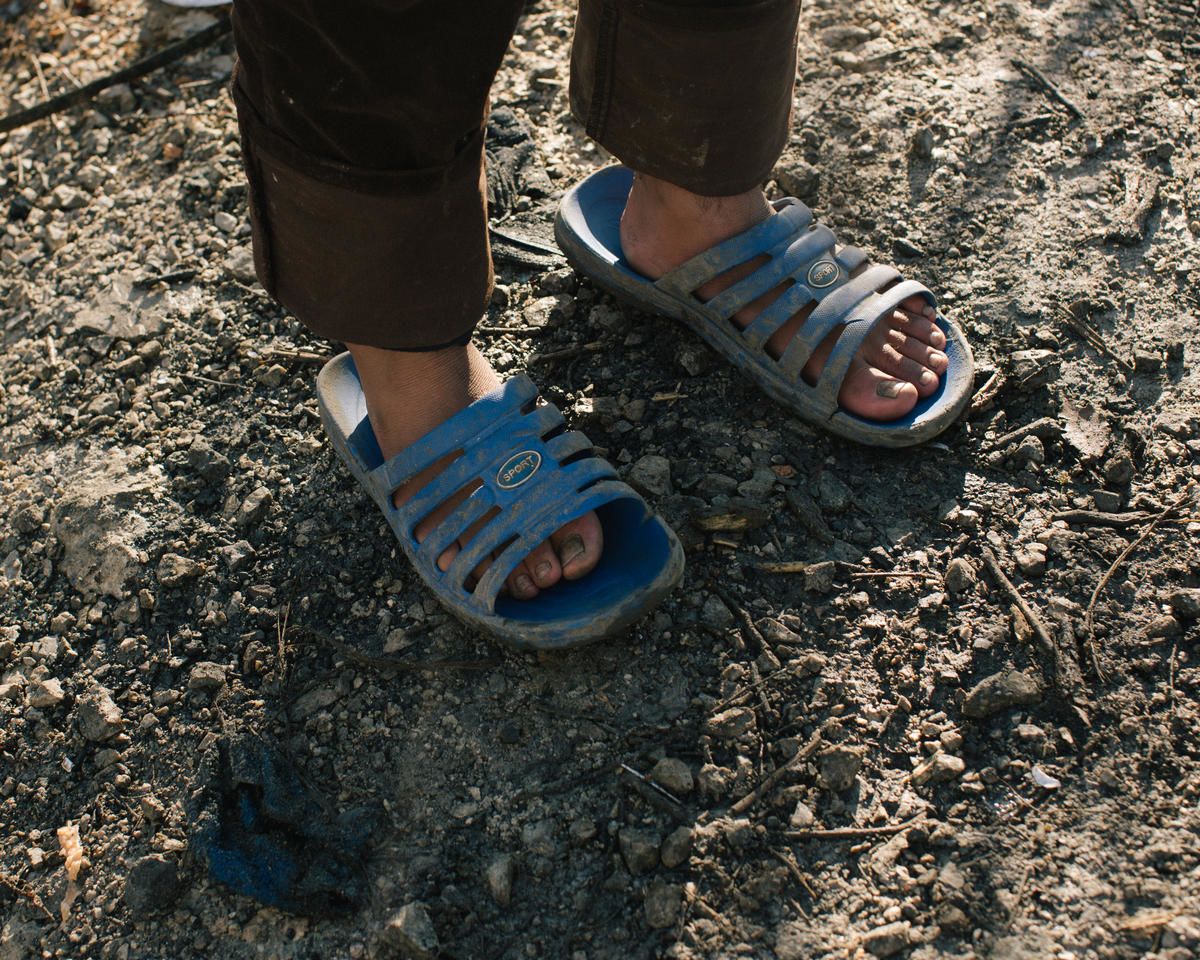
10 years
Some children have been travelling for nearly a decade to reach safety.
Source: Save the Children
Photo: Elena Heatherwick / Save the Children
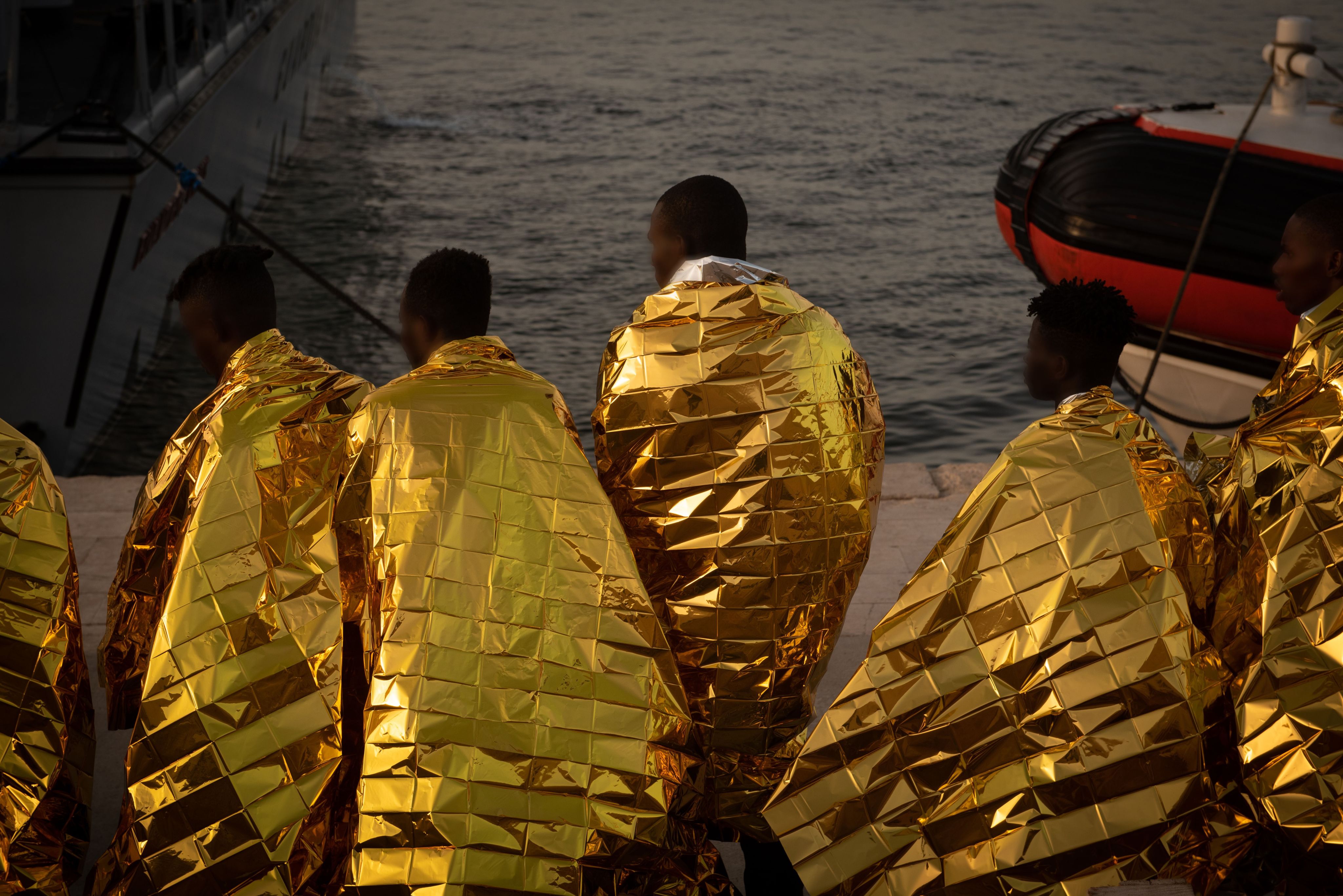
11,600
11,600 children, averaging 428 per week, arrived on Italy's shores from North Africa since January 2023. This is a two-fold increase compared to the same period in 2022.
Source: UNICEF
Photo: Alessio Romenzi / Save the Children
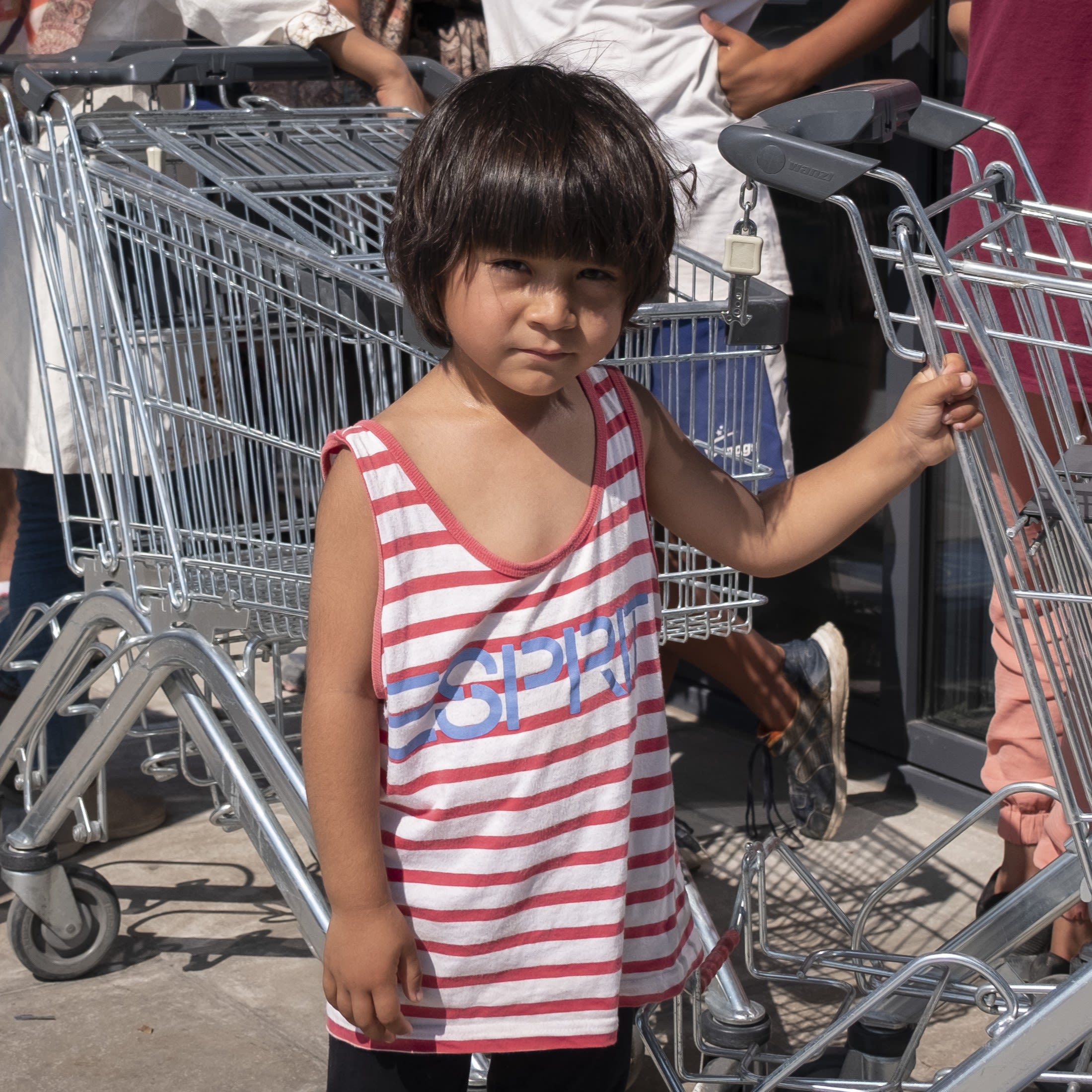
11 per week
11 children per week are estimated to have died or disappeared this year attempting to cross the perilous Central Mediterranean Sea migration route.
Source: UNICEF
Photo: Pedro Armestre / Save the Children
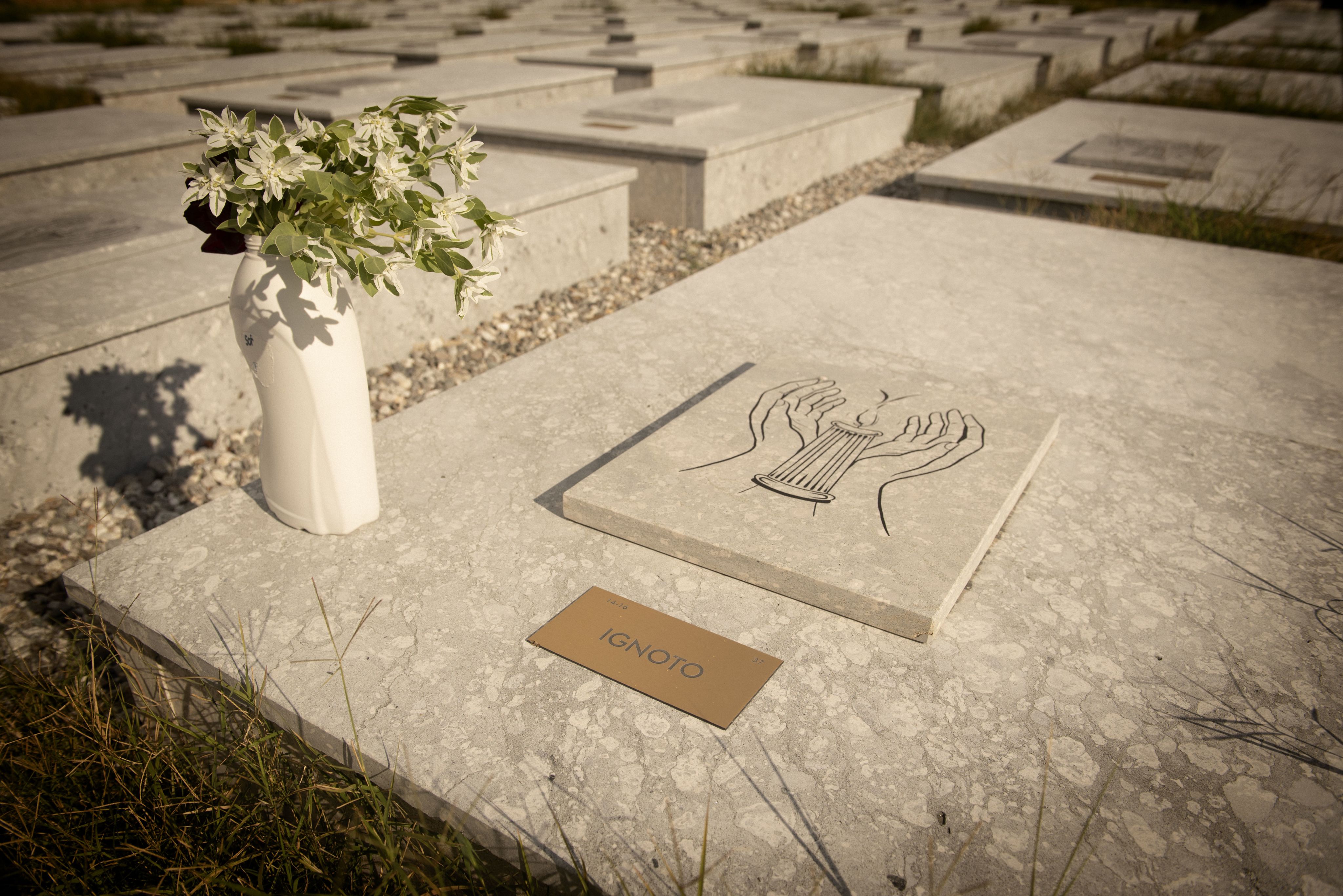
4%
The number of children losing their lives in the Mediterranean, as they seek safety and a better life in Europe, has increased to 4% of all deaths, up from less than 1% in 2014.
Source: Save the Children
Photo: Alessio Romenzi / Save the Children
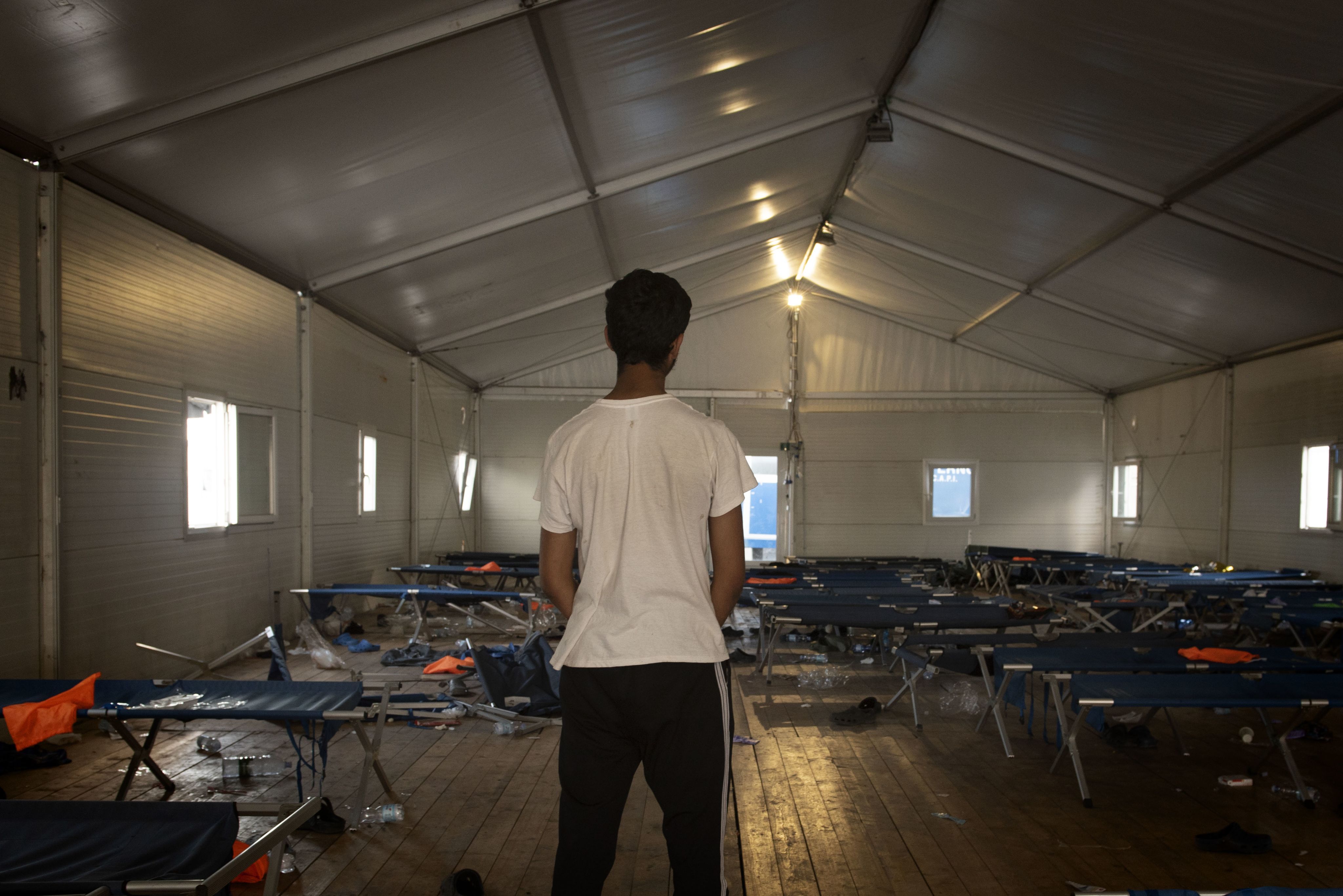
71%
In the first quarter of 2023, 71% of all children arriving to Europe via the Mediterranean were recorded as unaccompanied or separated from parents or legal guardian.
Source: UNICEF
Photo: Alessio Romenzi / Save the Children
Children suffer and die at Europe's land and sea borders because European governments are forcefully stopping refugees from entering their territory, detaining those who arrived and deterring others from coming.
Omar's* story
“This isn’t fair. It isn’t actually fair.”
Omar is a 17-year-old boy from Syria who came to Sweden at the age of 9.
Before fleeing to Europe, he remembers going to the dentist in his hometown just “like every child does”, except a “soldier came into the dentist… One of them put a gun in my mouth and one pointed an AK-47 at my head. How is a little boy supposed to register that? I was in shock. I didn’t cry. I couldn’t. Even after they left, I couldn’t close my mouth for a day.”
Omar also vividly remembered a rocket attack at his school, where they had to take cover as bombs struck nearby.
Fearing for their lives, Omar's family decided to flee. His father and younger brother embarked on a perilous journey from Libya to Europe. After 18 days, they finally reached Italy, and Omar breathed a sigh of relief.
“When my dad called and said: ‘We survived. We are in Italy now.’ You get happy, but not only that. It is a weird feeling.” His father continued to Sweden, where they hoped to reunite as a family, knowing it could take years.
The lengthy wait for reunification led Omar and the rest of his family to consider an alternative route through Turkey.
Their journey was fraught with danger; they faced violence at a military checkpoint and were even shot at while traveling in a car. “Those who shot at us. They do not think. Are there children? Are there old men? They don’t know, they just shoot.”
Omar and his family stayed in Türkiye for a month before making an attempt to cross to Greece. “It was horrible when we left the hotel to go to the ocean. Be quiet. No sound. We couldn’t say anything. It was scary.” Their rubber dinghy was intercepted by a coast guard vessel, and they narrowly avoided a collision. “They took the guy steering [the boat] and beat him a lot in front of us.”
After 20 days, they tried again, but the engine failed, forcing them to paddle. “Us small children – me, my sister, and my little brother – sat in the middle and all adults were surrounding us. We were squished actually. Bags and everything were on top of us.”
The overcrowded boat struggled, and water seeped in, causing panic. Omar, unable to swim, found himself in a terrifying situation. “We were like 20 meters from a coastline. It was deep. I only had on half my life jacket and I couldn’t swim. The boat was sinking… I was on the side that was letting in water. Those who could swim jumped in and tried to push the boat. I fell in and I was close to drowning... It was very scary.”
On arrival in Greece, “we stayed in a place where animals are – a stable – for seven days. We didn’t get anything.” They made it to the capital of Greece, Athens, and from there walked about 20-30 km every day until they reached Serbia, where they started taking the train.
Omar eventually arrived in Sweden, reuniting with his family, but his integration was challenging.
“The first year was ok because I didn’t talk to anyone. Second year people were a bit racist towards me. Then I had learned the language and I tried to talk to them. I was in fifth grade. They talked about my religion and said racist words.” “The route to Sweden was really hard,” Omar concluded. Unprompted, he said “when I heard about Ukrainians coming to Sweden, I asked them: how was it to get here? They said it was chill, they took the bus the whole way to Sweden. I thought: This isn’t fair. It isn’t actually fair”.
Save the Children works in 116 countries around the world, across the major migration routes, in all of the world’s worst humanitarian crises, and in 15 countries where refugee and migrant children arrive and settle in Europe.
We know the horrors they are fleeing from. We know what they face on arrival to Europe.
Save the Children’s research on the Balkans revealed the extent of violence against children from border police and smugglers at Europe’s borders.
The police in Greece were very angry, they hit us. Croatian police shone flashlights in our eyes ...then in front of your eyes [everything] was black, I couldn’t see anything. Whenever they hit you with a stick your eye or your leg could break. They hit somebody so hard in his legs that his leg broke.
Children told us they were subjected to cold conditions, electric shocks, and severe beatings, resulting in serious physical injuries like fractures and contusions.
We were apprehended by the police. They told us to sit down; then they selected two people in the group and beat them... Then they told us to start moving. One of them stood to the side with a rod, told us to go in a single file, and as people passed him by, he hit them.”
Europe has shown another way is possible.
The EU’s response to the crisis in Ukraine showcases its ability to prioritize child protection over creating legal and physical barriers or fostering divisive debates.
These policies have significantly improved the well-being of children on the move, making them feel welcomed in their host countries and fostering hope for their futures.
Despite the many challenges displaced children face, they have been spared violence, pushbacks, and reliance on smugglers to flee the war engulfing their country.
This can be the rule, not the exception.
Adrienne's* story
“I thought my life was over.”
Adrienne*, from Cote D’Ivoire, was just 11 when her brother convinced her to leave for Morocco to escape a forced marriage.
Now 15 and living in Spain, she told Save the Children that she did not want to leave her country: “I wanted to stay there, but in the end my brother and my aunt convinced me. They told me that I would spend just a short time in Morocco, that I would stay with a friend of his in Morocco.”
When she arrived in Morocco, her brother’s friend never picked her up, and she was left to fend for herself, sleeping on the streets for 2 or 3 months. “There was racism,
and little by little I was looking for work since my money was running out. Some Moroccan and African girls suggested that I work as a prostitute, I didn’t want to.”
She found domestic work but was stabbed by the woman whose house she was working in, requiring her to go to the hospital. Adrienne did not tell the police and said to the hospital staff that she had fallen.
She eventually learned about Spain through friends and embarked on a perilous journey. “I had been sleeping in the forest for four months [before attempting the crossing]. The day we were going to leave, I was by the water, we were hiding. There were a lot of people, and people started running because they thought the police were there. I was running with another girl and two boys ran after us, we were very scared, the two boys raped me and my friend.”
She tried to cross again soon after. “The whole journey I felt unsafe, and I didn’t know what to do. I thought my life was over.”
When Adrienne arrived to Spain, she spent a month in detention before moving to a hotel. “I almost went crazy. I didn’t know what to do, with whom, or where to go.”
Looking to the future, Adrienne wants to see her family and aspires to study medicine.
She would also like to travel. “I would like to visit France – I have several friends there – and England, too.”
Nothing can justify a child dying or being mistreated.
As European Union countries are negotiating a Pact on Migration and Asylum, the fate of children in migration hangs in the balance.
Rather than creating barriers or choosing policies that allow a child to die or to be beaten by a border guard, the EU must use the Asylum and Migration Pact to fix its broken and brutal asylum system.
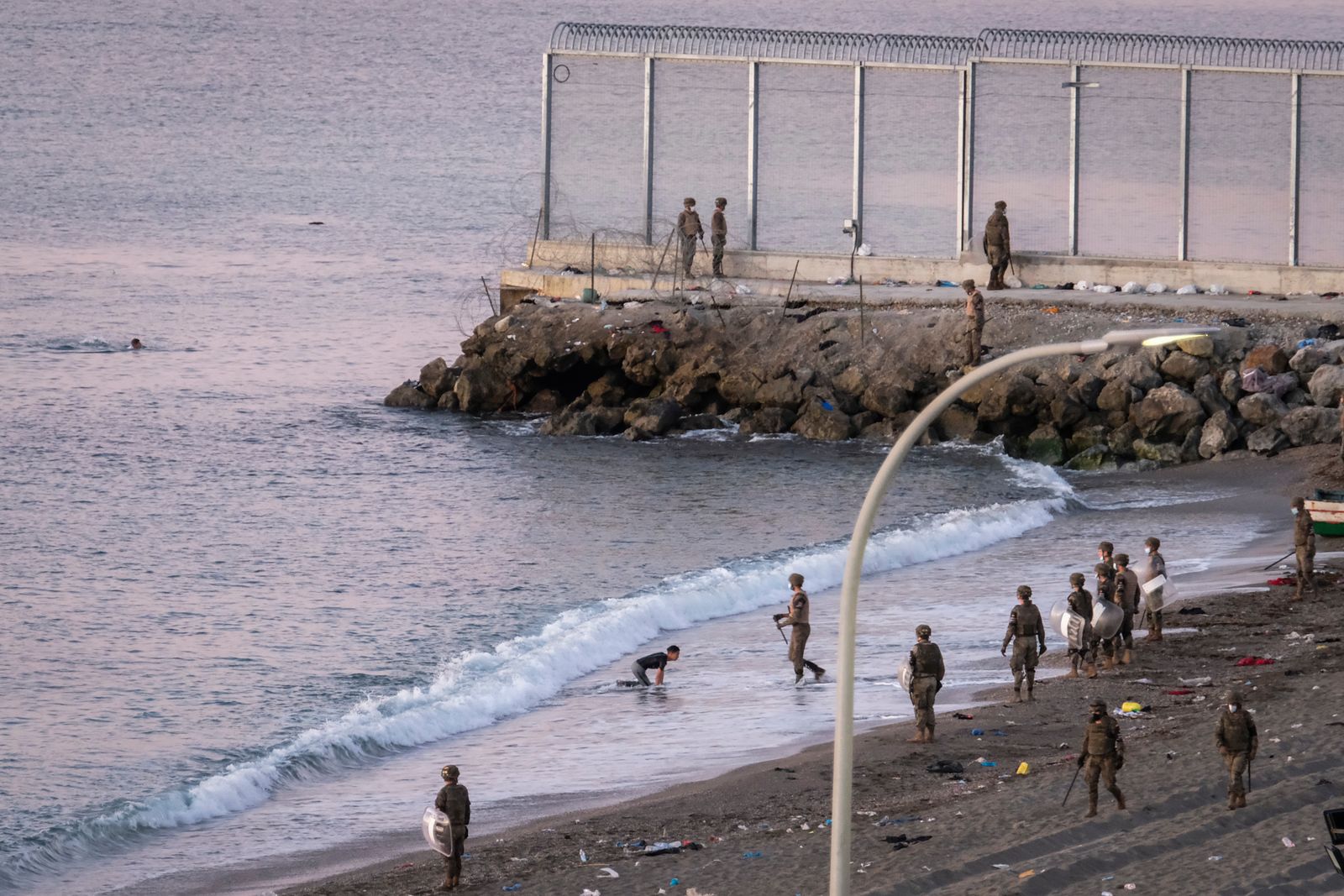
European governments, spurred on by their citizens and reeling from the atrocities of two world wars, were driving forces behind the development of human rights standards, refugee rights and the rights of children.
Save the Children urges European governments and the EU to recall this history and create a more compassionate and caring Europe that fulfils its commitment to children's rights.
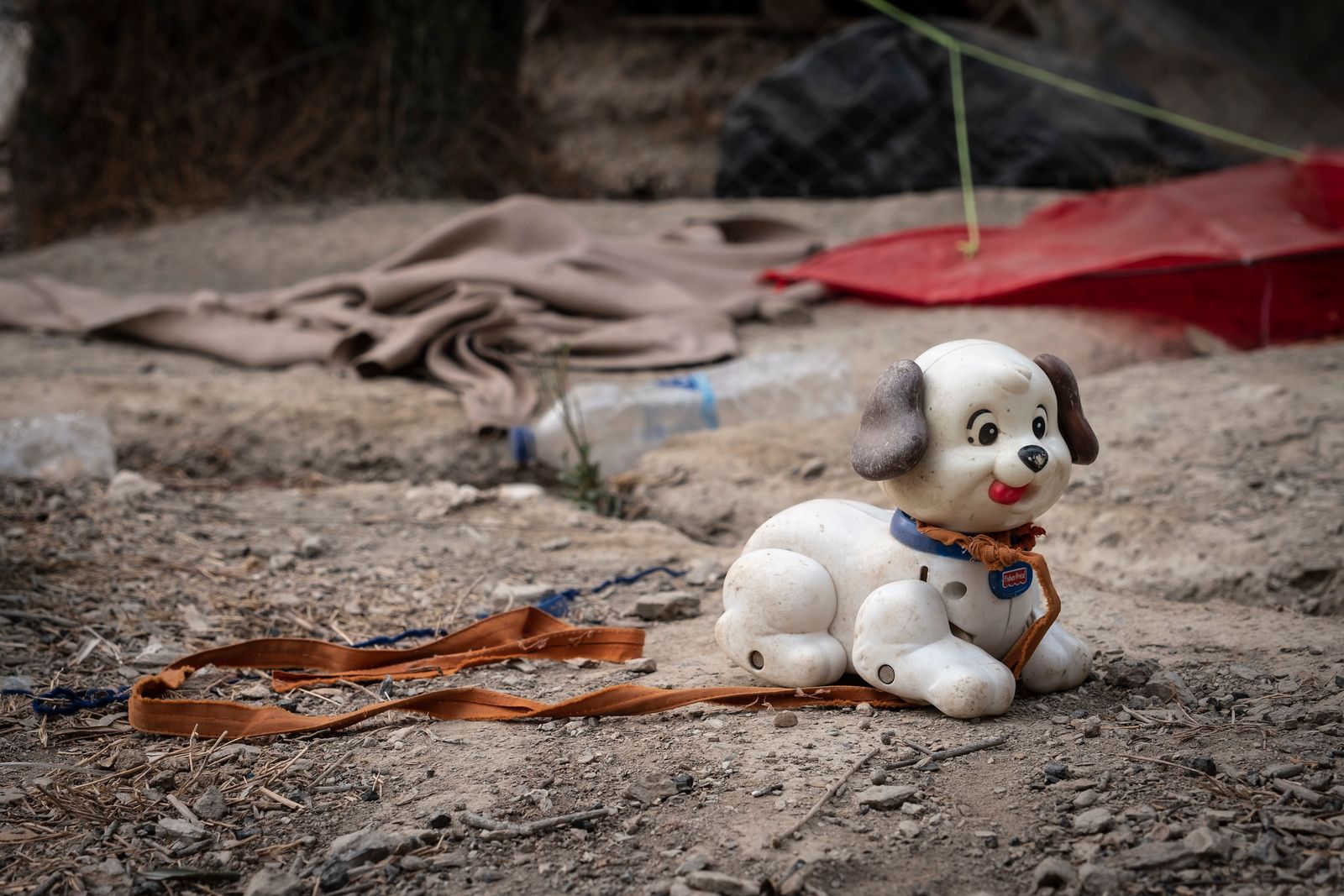
Every single child on the move must be treated with dignity and have their essential needs met as part of a humane and rights-based approach to refugees and migrants.
The child rights scandal in Europe must end.
Help us spread the message
It's time to raise our voices for change. Let's unite and demand that the EU ends the child rights scandal once and for all!
📣 Tweet Your Leader
Reach out to your political leaders, urging them to prioritise child-friendly migration and asylum policies in the EU. Share our Tweet below or write your own post.
Tag them on social media and demand action for the safety and well-being of children on the move.
As EU interior ministers convene in Brussels at the #JHA Council to discuss #MigrationEU Pact, our message to them is crystal clear:
— Save the Children Europe (@SaveChildrenEU) September 28, 2023
📣 A Pact that truly works is a Pact that works for children 👶🏽👦🏻👧🧒🏾
Learn more ⤵
💬 Spread the Word
Share this page across all your social media platforms, encouraging others to join the cause.
Together, we can amplify the message and demand change.
❤ Donate now
Please donate to our Children's Emergency Fund and help us meet the needs of children on the move like Omar* and Adrienne*.
Our Children's Emergency Fund allows us to respond wherever the need is greatest. It helps us to reach children quickly with the essentials they need to survive and thrive.

Save the Children believes that every child deserves a future. In Europe and around the world, we work every day to give children a healthy start in life, the opportunity to learn and be protected from harm. When crisis strikes and children are most vulnerable, we are always among the first to respond and the last to leave. We ensure children’s unique needs are met and their voices are heard. We deliver lasting results for millions of children, including those hardest to reach.
We do whatever it takes for children – every day and in times of crisis – transforming their lives and the future we share.
Save the Children Europe
Rue Marie Thérèse 21
1000 Brussels Belgium
+32 (0)2 512 78 51
www.savethechildren.net

